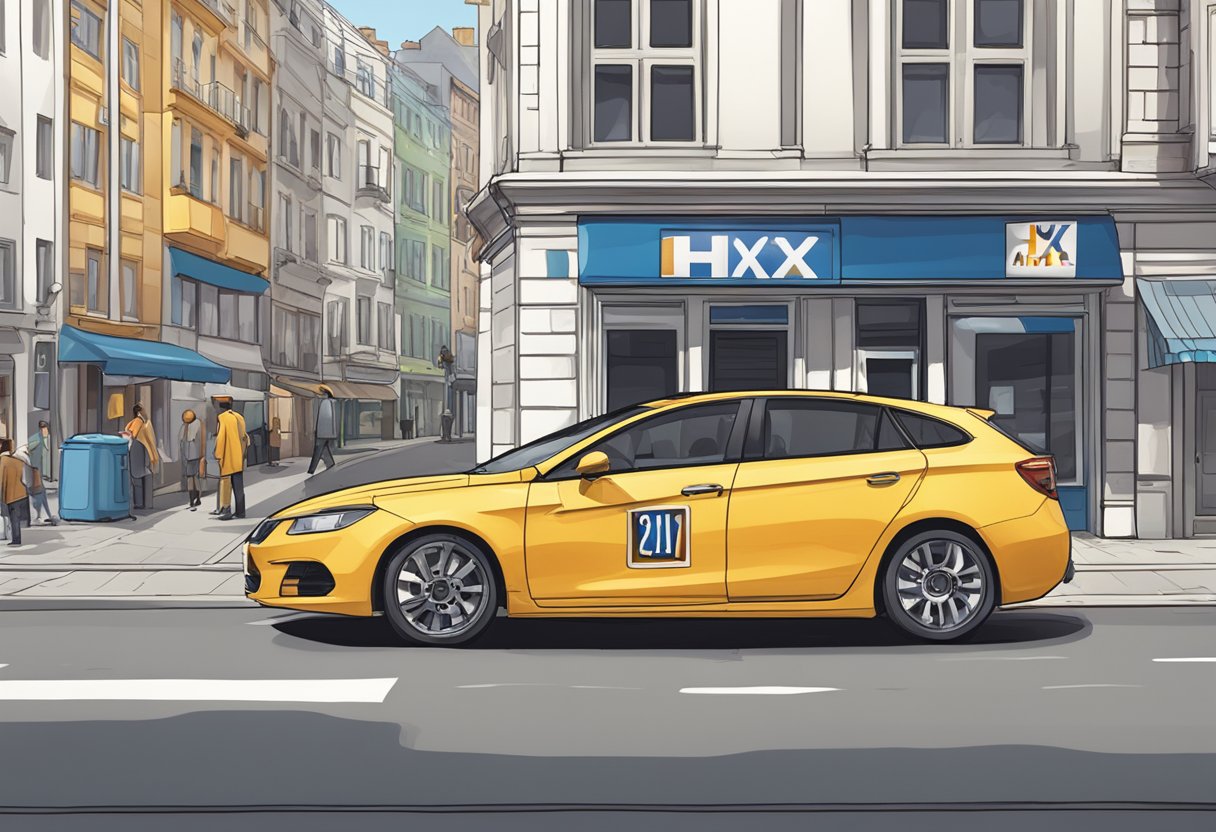An In-Depth Look at China EV Sales: Trends, Challenges, and Future Projections
As the largest market for electric vehicles (EVs) in the world, China is at the forefront of the global automotive revolution. This article explores the latest trends in China EV sales, answers pressing questions, and examines the future of electric mobility in the country.

Understanding the Surge in China EV Sales
China's electric vehicle market has gained unprecedented momentum, making it a pivotal player in the global transition toward sustainable transportation. With policies aimed at reducing emissions and enhancing air quality, it’s no surprise that China EV sales have skyrocketed in recent years.
What Factors Are Driving China EV Sales?
The surge in China EV sales can be attributed to a multitude of factors:
- Government Incentives: The Chinese government has implemented various subsidies, tax exemptions, and incentives that significantly lower the cost of EV ownership.
- Infrastructure Development: The rapid expansion of charging infrastructure across urban and rural areas has made EV ownership more practical, removing a significant barrier to adoption.
- Consumer Awareness: As more Chinese consumers become environmentally conscious, the demand for cleaner technologies rises, propelling EV sales.
- Technological Advancements: Improvements in battery technology, range, and performance have made electric vehicles more appealing to potential buyers, ensuring they are viable alternatives to traditional combustion engine vehicles.
What Are the Current Statistics for China EV Sales?
In 2023, China has reported record-breaking EV sales. According to the China Passenger Car Association (CPCA), electric vehicle sales surged to over 6 million units in the first half of the year, accounting for more than 25% of total vehicle sales. This rapid growth has solidified China’s position as the global leader in EV adoption.
Who Are the Major Players in the China EV Market?
The landscape of China's EV market is dominated by both domestic companies and international manufacturers:
- BYD: One of the largest electric vehicle manufacturers in the world, BYD has a substantial share of the EV market, known for its competitive pricing and innovative technology.
- NIO: NIO has gained recognition for its premium electric vehicles, offering unique features such as battery swapping and advanced autonomous driving technology.
- Xpeng Motors: Catering to tech-savvy consumers, Xpeng focuses on integrating AI and connectivity into its vehicles, targeting younger demographics.
- Tesla: As a foreign brand, Tesla has captured significant market share in China, leveraging its established reputation for quality and performance.
What Challenges Do China’s EV Sales Face?
Despite the impressive growth, several challenges threaten the sustainability of China EV sales:
- Market Saturation: With increasing competition, the market space for EVs may become saturated, especially in urban regions where multiple brands vie for attention.
- Battery Shortage: The demand for lithium-ion batteries can exceed supply, leading to potential production delays which could slow EV manufacturing.
- Consumer Skepticism: There remain doubts regarding the longevity and reliability of electric vehicles, particularly among traditional car buyers.
- Regulatory Changes: Frequent changes in government policy or subsidy adjustments could impact the affordability and attractiveness of EV ownership.
How Are China’s EV Sales Projected to Evolve in the Coming Years?
Industry experts predict that China’s EV market will continue to grow steadily. Projections suggest that by 2025, electric vehicles could account for around 40% of all new car sales in China. Factors influencing this trajectory include:
- Enhanced Battery Technologies: Continued advancements in battery tech will improve range and reduce costs, making EVs more accessible.
- Global Shift Toward Sustainability: As international focus on climate change intensifies, China's leadership in EV technology and sales can reposition it as a global leader.
- Smart Mobility Integration: The integration of EVs with smart cities and autonomous driving technology will create new business models enhancing the convenience of electric vehicles.
What Role Do Foreign Brands Play in China EV Sales?
Foreign brands have made a strong impact on the Chinese EV market. They often bring advanced technology and brand recognition, appealing to consumers who seek quality. Companies like Tesla have set the standard for performance and innovation, while others are forming joint ventures with local manufacturers to navigate regulatory requirements and understand consumer preferences.
Conclusion: The Future of China EV Sales
In summary, the landscape of China EV sales is vibrant and rapidly evolving. While challenges exist, the ongoing investment in technology, infrastructure, and changes in consumer behavior point to a promising future for electric vehicles in China. As the government continues to support the transition towards sustainable mobility, stakeholders across the industry should prepare to adapt to and capitalize on this dynamic market.
New posts

BYD Seal: Unraveling the Future of Electric Mobility
Sustainability

Everything You Need to Know About NIO Registrations: A Comprehensive Guide
Sustainability

Exploring the Ford VW MEB Platform: A Deep Dive
Volkswagen

Understanding the Model X Refresh: What You Need to Know
Tesla

Everything You Need to Know About the Xiaomi Car: Specs, Features, and Market Impact
Xiaomi

Understanding Model Y Wait Times: What to Expect in 2023
Tesla

Exploring AI Day at Tesla: Innovations, Insights, and Future Prospects
Tesla

Understanding the Zeekr X Price: What You Need to Know
Electric Vehicles

Understanding the Tesla Model Y Performance: A Comprehensive Guide
Tesla

Exploring the Spaciousness of the Model Y Trunk Space: Everything You Need to Know
Tesla
Popular posts

Unlocking the Future: BYD Solid State Battery Technology Explained
Innovation

Unlocking the Future of Energy: CATL Sodium Ion Battery Explained
Sustainable Solutions

Tesla Market Share: Current Trends and Future Projections
Tesla

Exploring the Spaciousness of the Model Y Trunk Space: Everything You Need to Know
Tesla

Understanding Model Y Wait Times: What to Expect in 2023
Tesla
Exploring BYD Track: Insights, Benefits, and Key Features
Sustainability

Understanding CNEVPost: What You Need to Know
Technology Trends

Exploring the Neta GT: Features, Specifications, and Insights
Sustainability

The Rise of BYD in Costa Rica: A Comprehensive Analysis
Sustainability

Everything You Need to Know About Tesla FSD v12
Tesla